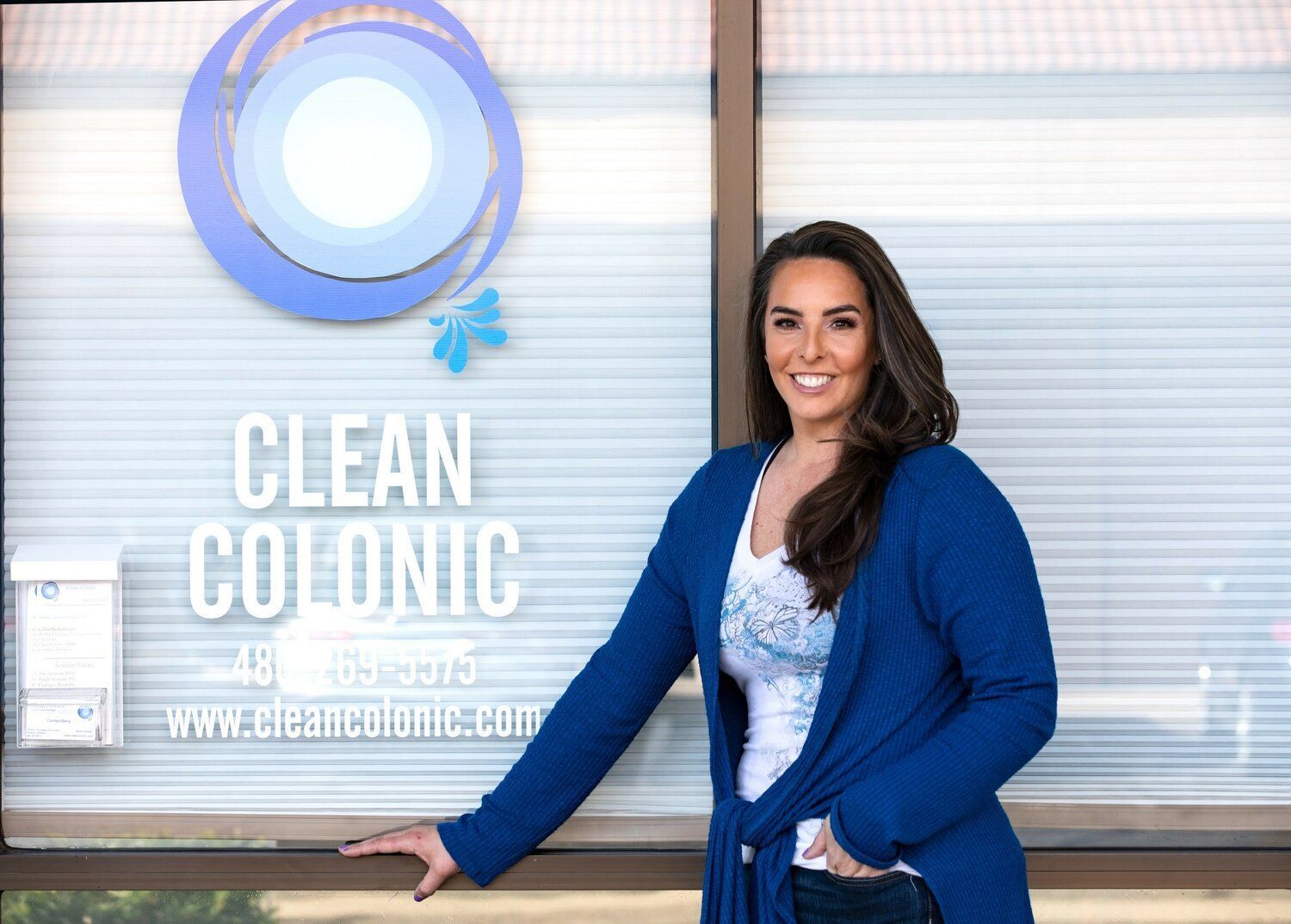What Veterans (and other potential business owners) REALLY Want to Know Prior to Purchasing a Business
Transitioning from military service (or civilian career) is a significant life change, and for many veterans I speak with, business ownership represents an exciting potential path forward. Over the past year, I’ve had the privilege of advising more than 100 veterans exploring this possibility. Drawing on my own journey – 11 years in the Navy, 14 as a high-tech executive, and another 14 immersing myself in the franchise world as an owner, franchisor, and broker – my goal is to help each veteran reach a high-confidence decision about whether business ownership is right for them, whether that's a definitive 'yes,' a 'no,' or 'maybe later'. Through these conversations, certain core questions and concerns consistently emerge.
My initial consultations are fundamentally about getting to know the individual – their background, goals, ambitions, and, most importantly, their 'why' for considering business ownership. This isn't a sales pitch; it's a two-way conversation aimed at providing information and acting as a sounding board.
One of the first things veterans seek clarity on is the true nature of the investment. There can be skepticism, sometimes fueled by online scams, about whether "purchasing a business" means buying the actual operating entity or just paying for an option to buy. I clarify that we're discussing buying the franchise itself. Veterans want a realistic understanding of the financial commitment. They ask about upfront costs, but also about financing options like SBA loans or leveraging their 401k. I often recommend an introductory call with a finance professional to outline these possibilities, preferring to refer an expert that has up to the minute access to the most current information! While investment levels vary greatly, I emphasize that there are many viable options under $150,000, even under $100,000, typically requiring a 20-30% down payment. They express concerns about ongoing costs – royalty fees, inventory, and simply managing cash flow in the early stages.
Equally critical is understanding the process of selecting and researching potential businesses. Veterans are curious about the range of businesses I represent (around 350) and how they can explore options beyond my initial recommendations. I encourage them to use resources like the International Franchise Association (IFA) website (ifa.org) for broader browsing, advising against direct contact initially. I explain that the real insights come not just from marketing materials or even the extensive Franchise Disclosure Document (FDD), but from talking to existing franchise owners. This is where they can gauge the day-to-day realities and whether the franchisor delivers on their promises. This research phase is iterative and requires a time commitment, often several weeks or months.
A powerful driving force I frequently ask about is the veteran's 'why'. Common themes include being tired of bureaucracy, ineffective leadership, and workplace politics. Many want control, the opportunity to build "their own thing," and a desire for more freedom and flexibility, even if it means being tightly bound to the business initially. For some, it's about building a morally just organization, focusing on their team, and creating a superior work environment, carrying forward the values learned in service. My own 'why' evolved from wanting to work for myself and my family after an unexpected job loss to finding fulfillment in mentoring and helping others in transition.
Veterans also wrestle with realism regarding income expectations, particularly in the first few years. I assess if their income targets are feasible for a startup. Expecting a large income from day one is often unrealistic without significant initial capital. Some are open to lower initial income, aiming to cover essentials and build over time, perhaps by combining the business with other part-time work.
Finding a business that aligns with their skills, experience, and values is paramount. Veterans consider how their military leadership, technical background, or comfort level with working with people or in sales might fit different models. While some are hesitant about B2B sales, they recognize the parallels with leadership and influence they exercised in uniform. I look for opportunities that leverage their strengths, like structure and team building. Value alignment is also key; some brands emphasize culture and integrity, which resonates strongly.
Finally, veterans want to understand the risks involved and how the franchise model helps mitigate them. While no business ownership is risk-free, the franchise path provides a proven plan and support system. Talking to existing franchisees is the most effective way to understand the realities and challenges firsthand. For those with risk-averse family members, the thorough research process is crucial for building confidence and achieving alignment.
In essence, the veterans I work with seek clarity, transparency, and realistic expectations about purchasing a business. They value objective information, prioritize insights from those who are already doing it, and are driven by a desire for autonomy, purpose, and a better professional environment. My role is to serve as a knowledgeable guide and resource, helping them explore these critical areas to make a confident and informed decision about their future.
About the Author
Steve Taylor is a former Naval Officer and High Tech Executive and works currently as a franchise broker and franchisor. His mission today is to put 10,000 new business owners on the street providing jobs, services and tax revenues to the communities in which they live. Contact Steve at
stevetaylor@thefranchiseconsultingcompany.com.










